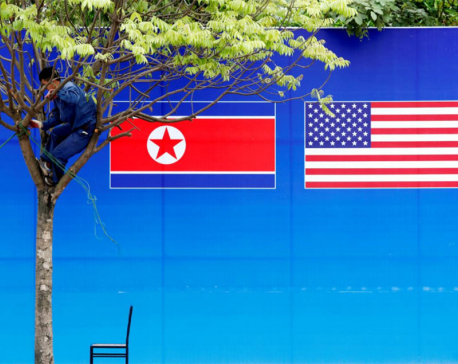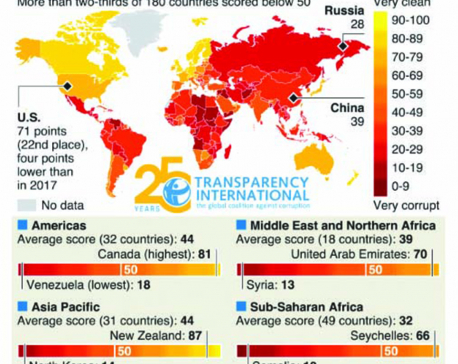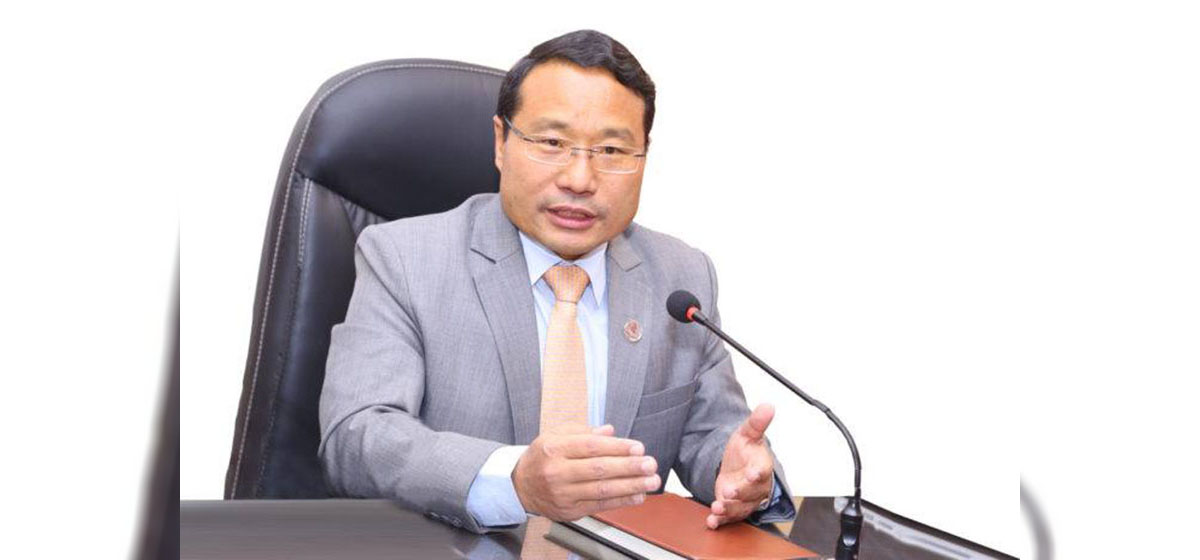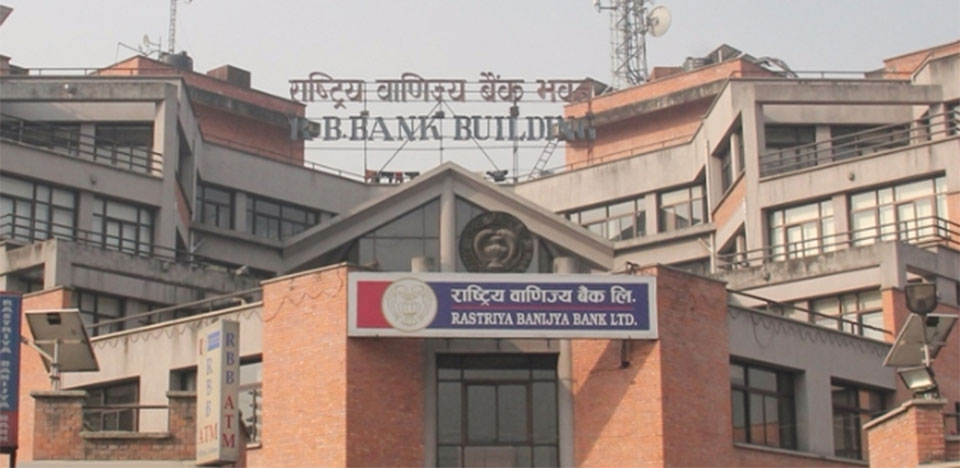
OR
Explainer: U.S. legislation on Hong Kong: what does it mean?
Published On: November 21, 2019 08:30 PM NPT By: Reuters
SHANGHAI, Nov 21: The U.S. House of Representatives has passed legislation to back protesters in Hong Kong and send a warning to China about human rights, sending two bills to the White House where President Donald Trump is expected to sign them into law.
Mass protests for more democracy and autonomy have roiled Hong Kong for more than five months, with escalating violence and fears that China will ratchet up its response to stop the civil disobedience.
The “Hong Kong Human Rights and Democracy Act”, which the Senate passed unanimously on Tuesday, would put the former British colony’s special treatment by the United States under tighter scrutiny linked to Hong Kong’s autonomy from Beijing.
A second bill, which the Senate also approved unanimously on Tuesday, would ban the export of certain crowd-control munitions to Hong Kong authorities.
WHAT NEXT?
The two bills have been sent to the White House, where U.S. President Donald Trump is expected to sign them into law.
Once that happens, the State Department would be required to certify at least once a year that Hong Kong retains enough autonomy to qualify for the special U.S. trading consideration that helped it become a world financial center.
Officials responsible for human rights violations in Hong Kong could also be sanctioned under the Hong Kong Human Rights and Democracy Act.
While many see the act as symbolic, it could alter the nature of relations between the United States and Hong Kong.
Beijing promised Hong Kong a “high degree of autonomy” for 50 years when it regained sovereignty over the city in 1997, but protesters say freedoms have been steadily eroded.
U.S. policy toward Hong Kong has been underpinned by a 1992 law called the United States-Hong Kong Policy Act, which affords the territory special status as separate from China in trade, transport and other areas.
Under the 1992 law, the president can issue an executive order suspending elements of Hong Kong’s special status if the president determines that the territory is “not sufficiently autonomous” from Beijing.
The Human Rights and Democracy Act would amend that law, putting Hong Kong’s autonomous status under closer scrutiny.
The other bill would ban the export to Hong Kong of items such as tear gas, pepper spray, rubber bullets and stun guns.
The passage of the two bills by the Senate and House has angered Beijing, which denounced the legislation as gross interference and violation of international law. If they become law, tension between Washington and Beijing is likely to increase, casting a shadow over negotiations to end their trade war.
WHAT EFFECT MIGHT THE LEGISLATION HAVE?
From a business perspective, one of the most important elements of Hong Kong’s special status has been that it is considered a separate customs and trading zone from China.
That has meant, for instance, that trade war tariffs don’t apply to exports from Hong Kong.
If Hong Kong becomes just another Chinese port, companies that rely on its role as a middleman, or for trans-shipping, are likely to take their business elsewhere.
Trade between Hong Kong and the United States was estimated to be worth $67.3 billion in 2018, with the United States running a $33.8 billion surplus - its biggest with any country or territory, according to the Office of the U.S. Trade Representative.
The American Chamber of Commerce in Hong Kong has said that anything that changes the status of Hong Kong “would have a chilling effect not only on U.S. trade and investment in Hong Kong but would send negative signals internationally about Hong Kong’s trusted position in the global economy”.
You May Like This

North Korea urges U.S. to change 'hostile policy' on eve of summit anniversary
SEOUL, June 11: North Korean state media called on the United States on Tuesday to “withdraw its hostile policy” towards... Read More...

Infographics: U.S. drops out of global corruption index top 20
The United States has dropped out of the top 20 “cleanest” countries for the first time since 2011, according to... Read More...

Number of Nepali students in USA reaches its highest for the last three years
The number of Nepali students studying in the United States has increased by 14.3 percent over the prior year, according... Read More...
Just In
- UAE secures spot in ACC Premier Cup final, defeating Nepal by six wickets
- NC to boycott Gandaki Province Assembly, submits letter to Speaker
- 850 grams of gold seized from Indian national at TIA
- Rupandehi District Court orders to release Dipesh Pun on a bail of Rs 400,000
- Teachers’ union challenges Education Minister Shrestha's policy on political affiliation
- Nepal sets target of 120 runs for UAE in ACC Premier Cup
- Discussion on resolution proposed by CPN-UML and Maoist Center begins in Koshi Provincial Assembly
- RBB invites applications for CEO, applications to be submitted within 21 days












_20240311121839.jpg)





Leave A Comment